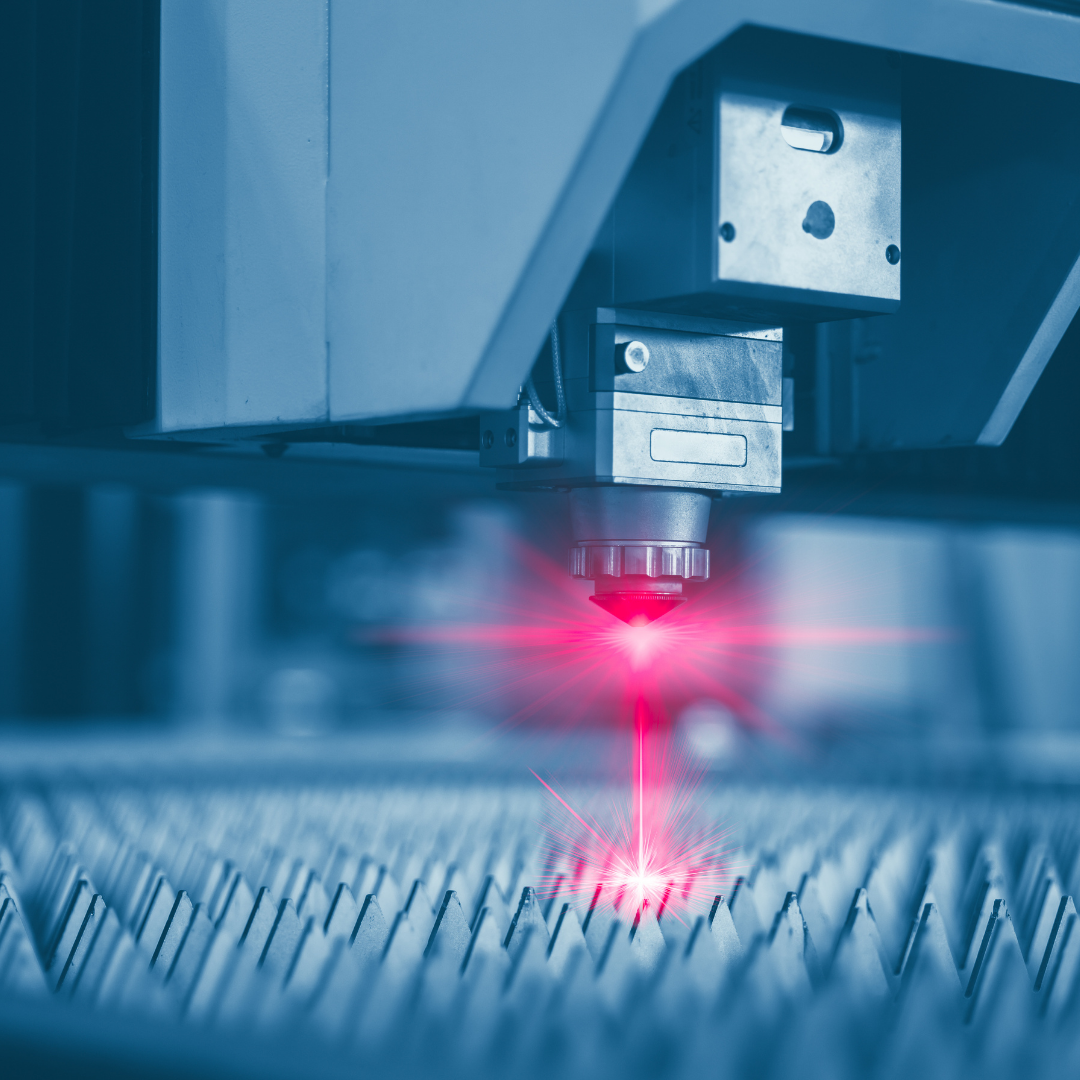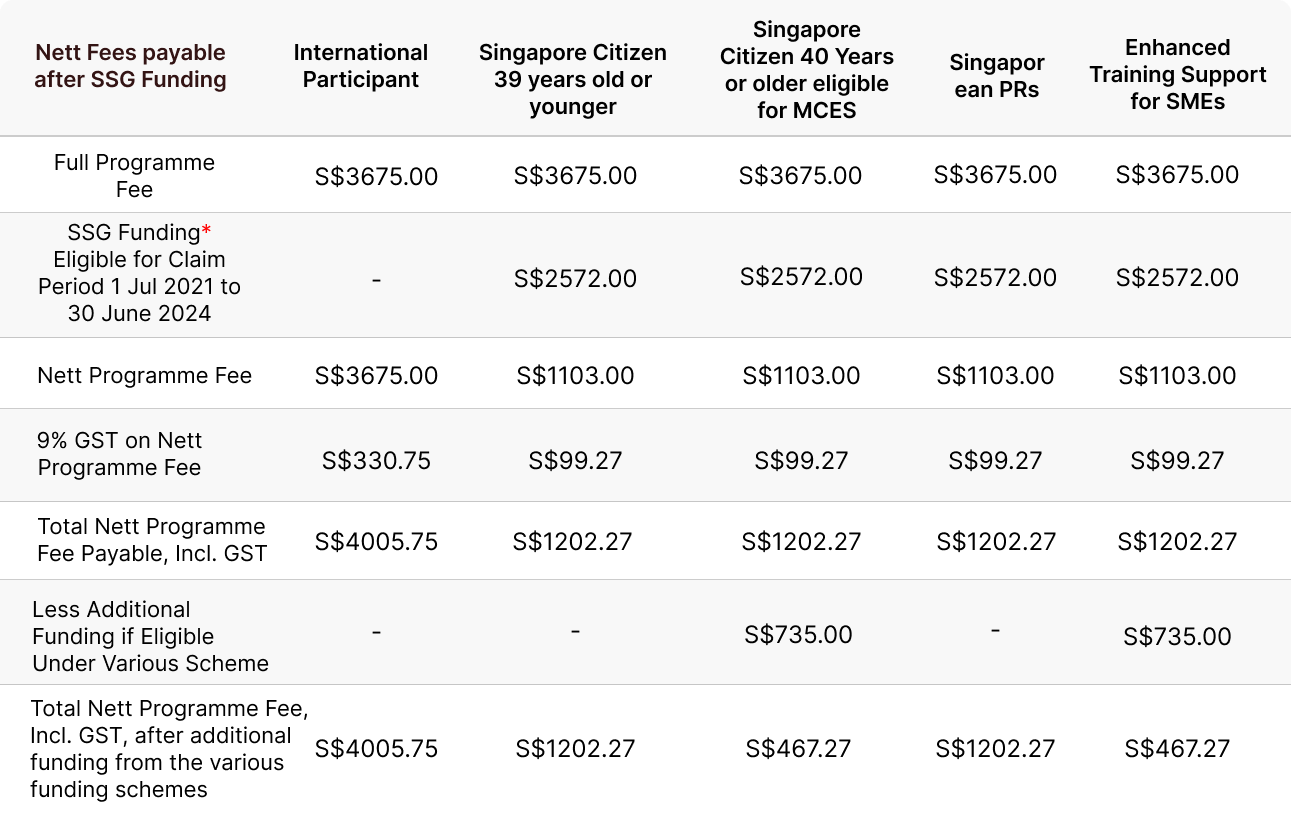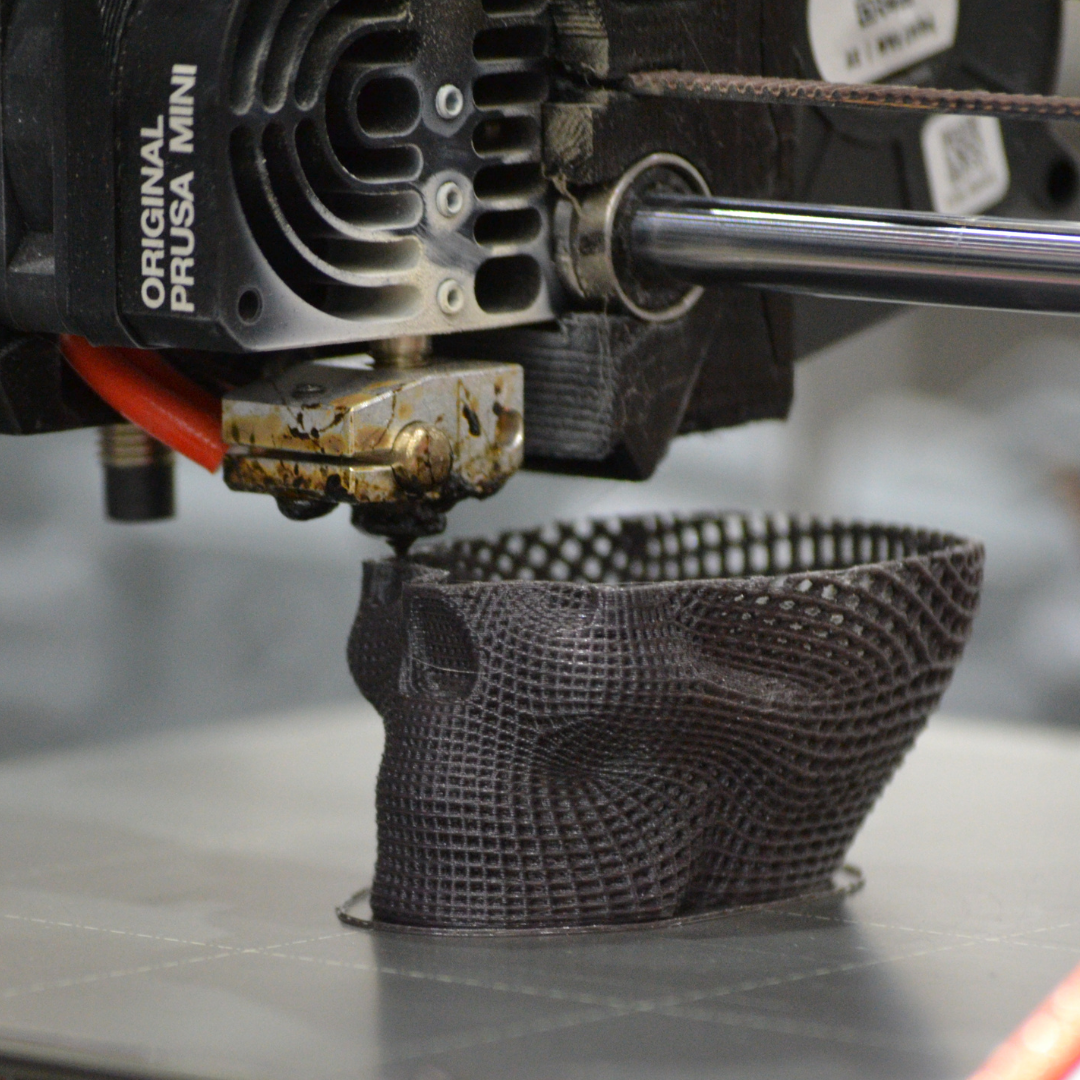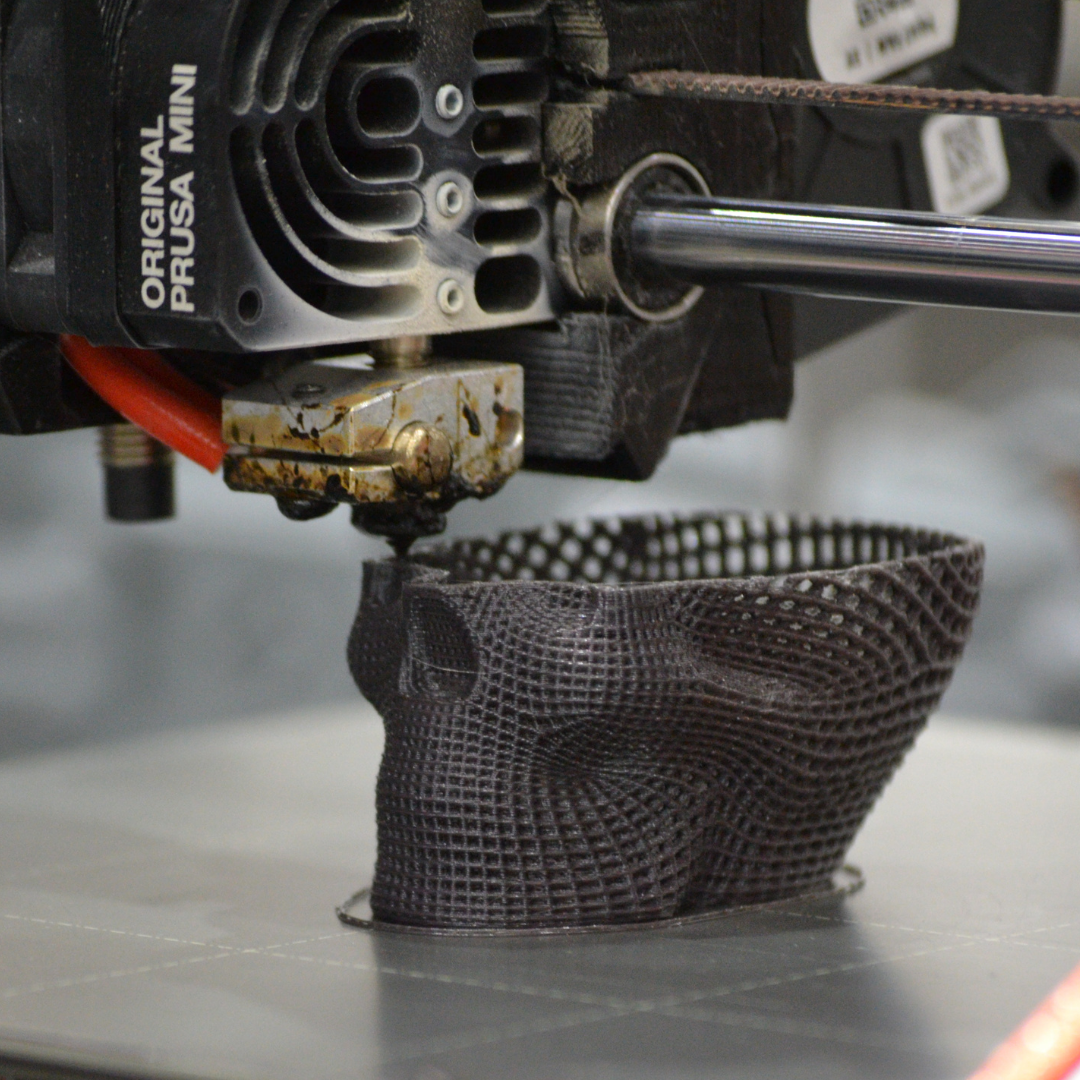
Vertical Cavity Surface Emitting Lasers
Date: To be confirmed
Duration: 24.5 Hours
Mode Of Delivery: Face-to-Face
Tuition Fees: S$3675.00 (Before GST)

What You Will Learn
Microelectronics form about a third of Singapore’s total manufacturing output, and optoelectronics components in particular are becoming more and more important because of the drive for greater data connection speeds. This course will help engineers working for manufacturers in Singapore understand underlying design and process issues for the most commonly used lasers for fiber optic datacom and improve productivity through this understanding.
At the end of the programme, the participants will be able to:
- Be able to understand a VCSEL epitaxial structure
- Be able to understand quantum wells
- Be able to understand and describe VCSEL fabrication procedures
- Be able to describe important characteristics of VCSELs and how they are measured
- Be able to understand what can go wrong during VCSEL fabrication
Who Will Benefit
Engineers and Scientists
Instructor

Assoc Professor Aaron Danner
Aaron Danner’s research is related to optoelectronics, and his projects are related to quantum computing, VCSELs, and on-chip nonlinear optics. He is a current member of NUS’s Teaching Academy and has won the Annual Teaching Excellence Award multiple times for his efforts towards enhancement of undergraduate education. He is also a long-standing participant in educational activities of SPIE (the international society for optics and photonics), previously serving on its Educational Committee, and recently chaired the ETOP conference (Education and Training in Optics and Photonics) in 2021. He has published several Massive Open Online Courses and a large number of YouTube videos promoting various electrical engineering topics.
Entry Requirements
Bachelor’s degree in STEM
Available Discounts and Benefits

Notes
Course Code: TGS-2021002233
*Learners must fulfill at least 75% attendance and pass all assessment components, to be eligible for SSG funding.
**Please note that the mode of delivery is subject to change in light of the COVID-19 situation.
Courses marked ‘online’ may have compulsory face-to-face sessions such as laboratory or hands-on components and details should be sought from the schools or departments before learners register for them.
Related Programmes

Principles of Additive and Hybrid Manufacturing

General Introduction of Material for Additive Manufacturing

Principles of Additive and Hybrid Manufacturing



